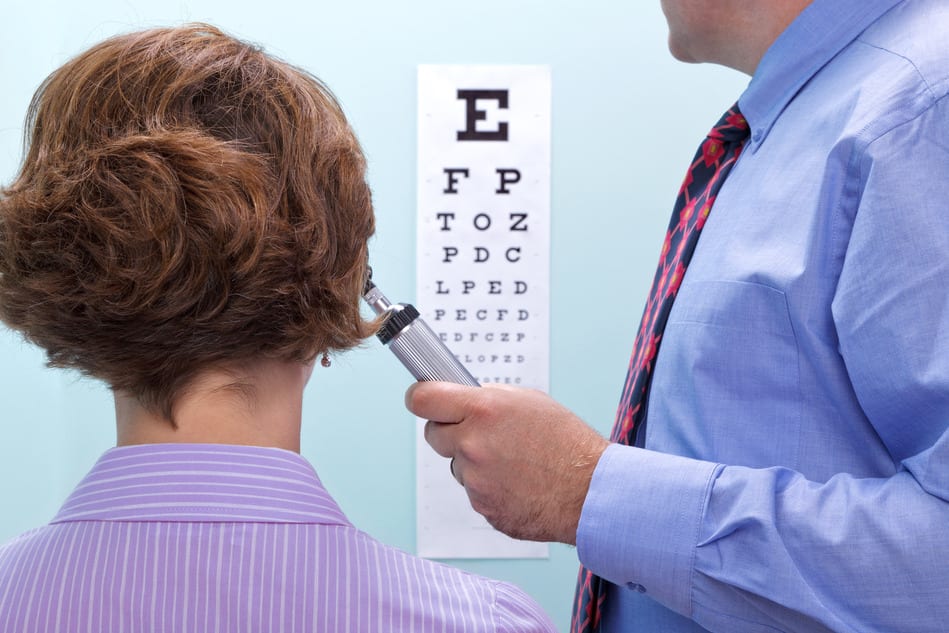 WHY HAVE YOUR EYES CHECKED
WHY HAVE YOUR EYES CHECKED
Everyone needs regular eye exams. Whether you need corrective lenses or not, eye exams are the only way to detect glaucoma, age-related degeneration, cataracts and other serious eye health problems. If you do happen to need glasses or contacts, keeping your prescription up to date helps prevent eye-strain. Adults should see their optometrist or ophthalmologist at least every two years and every year after the age of 60. Children should receive eye exams at 6 months, 3 years and before the first year of school. More frequent exams may be recommended by your doctor if you have family history of eye issues or other conditions that can affect your vision.
GET READY FOR YOUR APPOINTMENT
You won’t need to study, but there are a few steps to follow so you can be prepared for your eye exam. Expect a bit of an interview, as a doctor will usually begin with a series of questions about your vision history, including family history. Be sure to mention any significant vision issues and note if they were sudden or gradual. Also, bring your current glasses or contact lenses, your primary doctor’s information and a list of any medication you are currently taking. Being ready for all of this will help your doctor determine your medical needs and ensure a smooth appointment.
DURING THE APPOINTMENT
An eye exam consists of a series of tests performed by your doctor, all aimed at determining your vision health and any prescription you might need. Here are some of the more common ones:
- To test your eyes’ muscles and control, the doctor will have you track a moving object,
- The doctor will then further examine the exterior and interior of your eyes, often using an ophthalmoscope—a specially designed flashlight that is shined through the pupil to view internal parts of the eye,
- A visual acuity or “letter chart” test will test your ability to read text that gets smaller as you read down a chart.
The doctor may also cover each eye in turn during these tests to determine how well your eyes work together and apart. There may be other tests performed depending on your needs, but your doctor will take all this into account. And of course do not hesitate to ask any questions! Your doctor is there to help you see– and feel– better!
